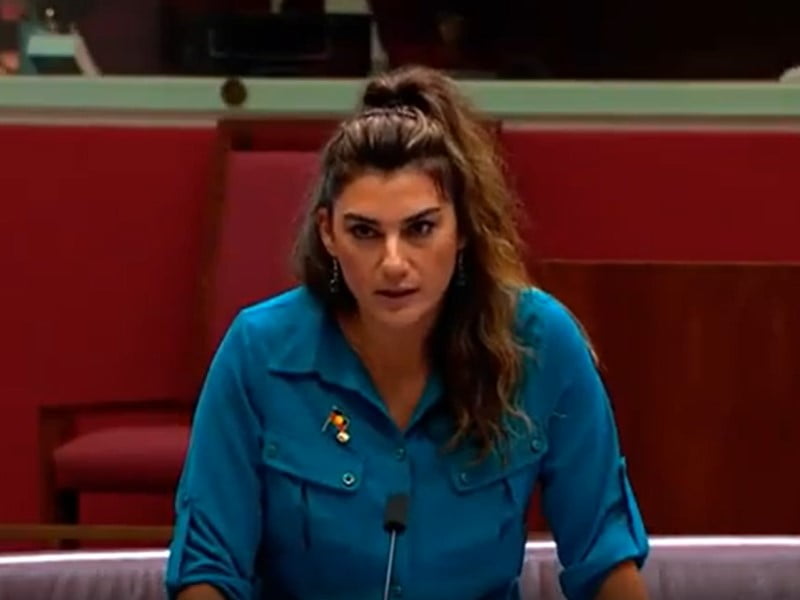The Office of the Australian Information Commissioner is facing a backlog in processing privacy and freedom of information complaints amid concerns the office is underfunded.
Responding to a question on notice, Attorney-General Michaela Cash said there were 1,404 unresolved privacy complaints and 121 freedom of information (FOI) requests as of February 2, 2022. In addition, 85 data breach notices had not been finalised.

Of the unresolved FOI requests, 44.6 per cent of the requests have waited for more than six months, with 29.8 per cent having been unresolved for more than 12 months.
Similarly, for the unresolved privacy complaints, 28.6 per cent were submitted more than six months ago, with 10 per cent having been unresolved for more than 12 months.
The figures were requested by Greens Senator Lidia Thorpe who told InnovationAus.com she was extremely concerned by the number of FOI requests still open after a year.
“The Office of the Australian Information Commissioner (OAIC), as well as FOI units in all agencies and departments, must have all of the public funding and resourcing that it needs to carry out their critical task in acting as a check and balance to the government,” Senator Thorpe said.
“I am well aware that stretched staff resources, the pandemic, increasing workloads, and complex legislation is hampering how long requests take. These issues are solved with more resourcing and staffing but also with making sure more government information is proactively revealed more often.
“However, causing the government embarrassment should never be a reason for withholding information from people and I have a sense that this is playing a part in these delays. We need to think of FOI as a critical part of our democracy and our system of checks and balances on executive government, particularly in the absence of a strong Commonwealth anti-corruption body.”
Complaints are submitted to the OAIC when applicants want to appeal the decision made by a minister regarding a previous privacy or FOI request.
The OAIC was able to meet its targets of resolving at least 80 per cent of FOI and privacy complaints within 12 months. Although 94 per cent of privacy complaints were resolved, the FOI complaints target was just exceeded at 82 per cent in financial year 2021.
Senator Thorpe also called for stricter benchmarks to ensure that no FOI cases take longer than 12 months. She said the FOI system needs to “operate from a culture of transparency, accountability, and openness as a default.”
Although the total number of privacy complaints has been declining since financial year 2019, the total number of FOI complaints received has increased year on year and is now 419 per cent greater than financial year 2018.
When it comes to data breach notices made under the Notifiable Data Breaches (NDB) scheme, 28.2 per cent remain unresolved after three months and 10.5 per cent after more than twelve months.
The data breach target of processing 80 per cent of notices within 60 days was only just met. The NDB scheme advises relevant organisations and government bodies to notify the commissioner and complete a breach assessment and report within 30 days.
These figures come amid ongoing complaints that the OIAC has insufficient funding and resources. Despite receiving almost $1 million per year for the appointment of a FOI Commissioner in last year’s budget, the role has not yet been filled. Forward estimates also indicate that OAIC funding will be slashed in half next financial year.
Do you know more? Contact James Riley via Email.


Oh, so I can find that breakdown on the OIAC web site ?
..looks…
nah, didn’t think so
An increasing number of complaints are not about ministers withholding information. Many complaints related to bureaucrats and academics using publicly funded positions, to pursue eco-political agendas. Consequently, government departments and universities resort to coverup tactics to avoid reputational damage and relevant individuals being held to account. This subversive activity results in government policy and some academic research findings being unreliable in developing balanced policies. Consequently, flawed policies, including those relating to bushfire and ecological management deliver perverse outcomes.